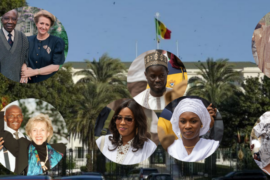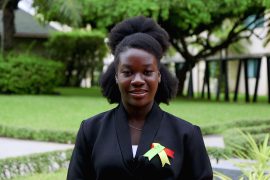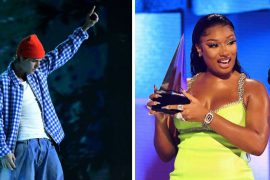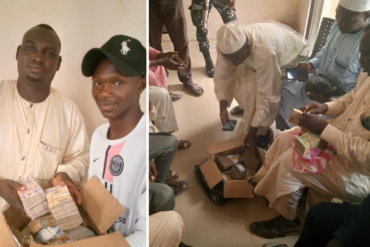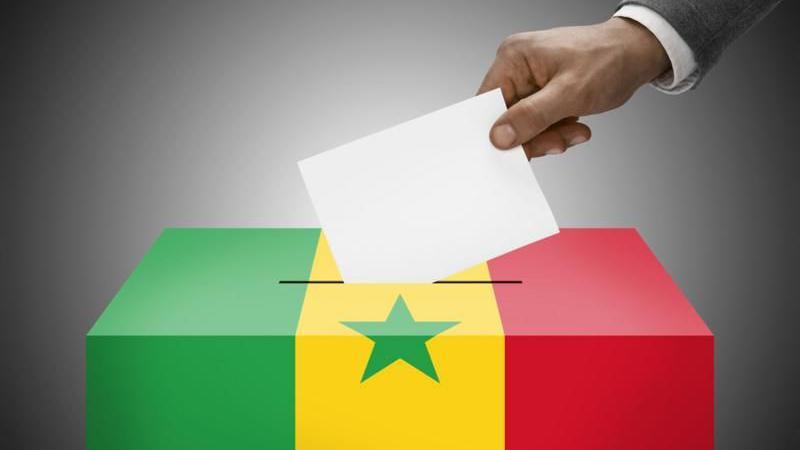
Di pipo for Senegal go vote on March 24, 2024 to elect dia 5th president. A total of 19 candidates dey contest for di seat of President of di Republic of Senegal.
Dis na di first time wey plenty candidates don register to contest. Di last presidential election for 2019 dem be five, 14 for 2012, 15 for 2007 and 8 for di first alternation for 2000 and 1993.
Dis year election na ogbonge one, for di first time for Senegal political history, di outgoing head of state no be candidate.
President Macky Sall bin announce for July 2023, afta long months of uncertainty, say im no go run for a third term, e invoke sometin wey e call “code of honor” even though, e say, di constitution give am di right to run for “a second five-year term.” Di law limit di number of consecutive terms to two.
Who go succeed Macky Sall and become di next President of di Republic of Senegal?
BBC torchlight di election mata so you go fit understand di voting process and wetin dey at stake for di Senegal 2024 presidential election.
Wen be di presidential election?
Di presidential election go finally take place on Sunday March 24, 2024. Afta dem bin postpone from February 25, 2024.
Dis na di 12th since di kontri independence for 1960. Na about 7.3 million registered voters go take part for di election out of dia total population wey be 18 million.
For di last presidential election for 2019, di number of registered voters na about 6,683,043, out of dat number 4,428,680 bin vote, according to di official results wey di Constitutional Council sidentielle publish
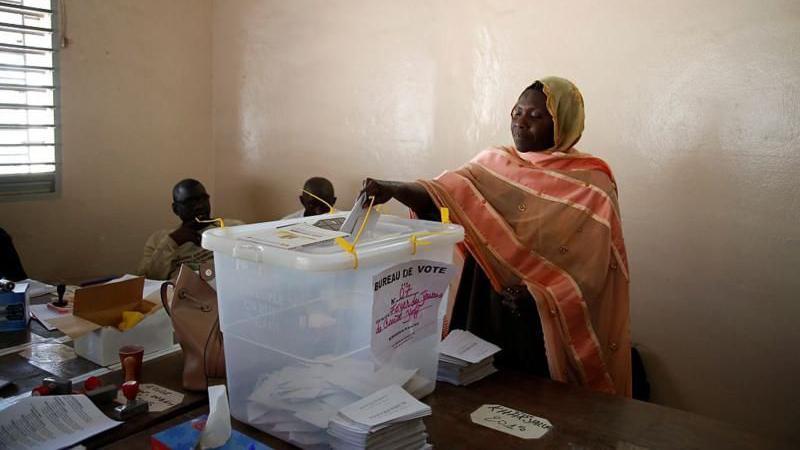
Wetin be di system of voting?
Di President of di Republic of Senegal dey elected for a five-year term, by direct universal suffrage and a two-round first-past-di-post system.
Before, na seven-year term, dem reduce am to five years, wey dey renewable once, afta di 2016 constitutional referendum.
Na di Autonomous National Electoral Commission (CENA) dey responsible for organizing and supervising di elections.
If, di first round, no candidate get absolute majority of di votes cast, dem go organise a second round for di third Sunday following di day of the official announcements of results by di Constitutional Council, to decide between di two candidates wey come out on top for di first round.
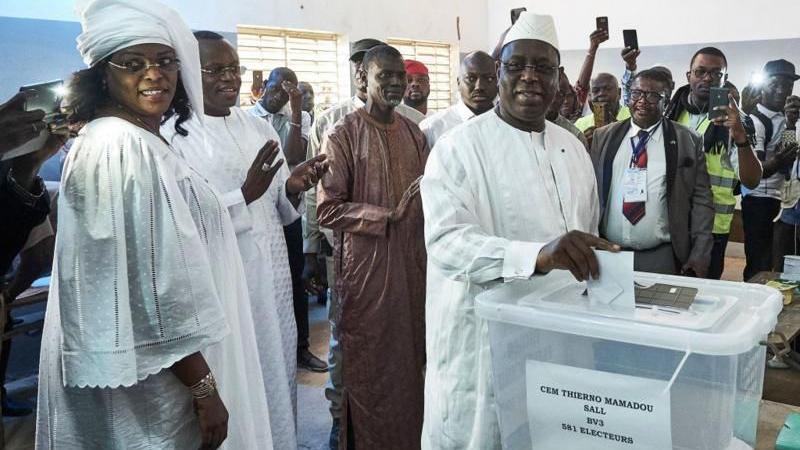
Who qualify to be presidential candidate?
According to article 28 of di Constitution, anybody wey be :
- Senegalese nationality
- enjoy his or her civil and political rights
- Dey at least thirty-five (35) and no more dan seventy-five (75) years of age on election day;
- fit write, read and speak di official language (French) well-well.
Article L.57, para. 1 of tdi Electoral Code add say any Senegalese voter fit be a candidate for dis election, subject to di age conditions and cases of incapacity or ineligibility according to di law.
Who fit vote?
Any Senegalese citizen wey dey 18 years or ova, and dey registered for di electoral register fit vote for di presidential election.
Who be di candidates for di supreme magistracy?
On January 20, Senegal Constitutional Council publish di final list of 20 candidates for di March 24, 2024 presidential election.
Di list bin increase to 19 candidates afta candidate Rose Wardini withdrew from di race on February 19, afta suspicions wey surround her dual nationality (Senegalese and French) come out afta dem bin publish di list of candidates.
DI final list include former Prime Minister Amadou Ba, 62, who President Macky Sall bin nominate to defend di colours of di Benno Bokk Yaakar presidential coalition, and Khalifa Sall, 64, former minister and mayor of di capital Dakar, wey dey run for di first time afta im fail to win for 2019, Idrissa Seck 65, former Prime Minister under ex-president Abdoulaye Wade (2002-2004), wey dey run for di fourth consecutive presidential election afta 2007, 2012 and 2019, and Bassirou Diomaye Faye, 43, tax inspector, lieutenant and deputy of Ousmane Sonko, wey im candidacy dem invalidate am.
Di 19 contenders also include two oda candidates wey be Sonko allies and wey dey sponsored by former Pastef MPs, Habib Sy and Cheikh Tidiane Diéye, as well as dissident candidates from di presidential camp, notably former Prime Minister Mouhamad Boun Abdallah Dionne (2014-2019) and former Interior and Agriculture Minister Aly Ngouille Ndiaye.
Following di withdrawal of Rose Wardini, na only one female candidate dey among di 19 contenders: 40-year-old Anta Babacar Ngom, Managing Director of di Sedima poultry company, wey no get any political allegiance.
Voters go need to choose from a wide range of profiles, including leading political figures wey get goment experience, leaders of opposition parties wit strong local presence, and independent candidates wit rich professional backgrounds.
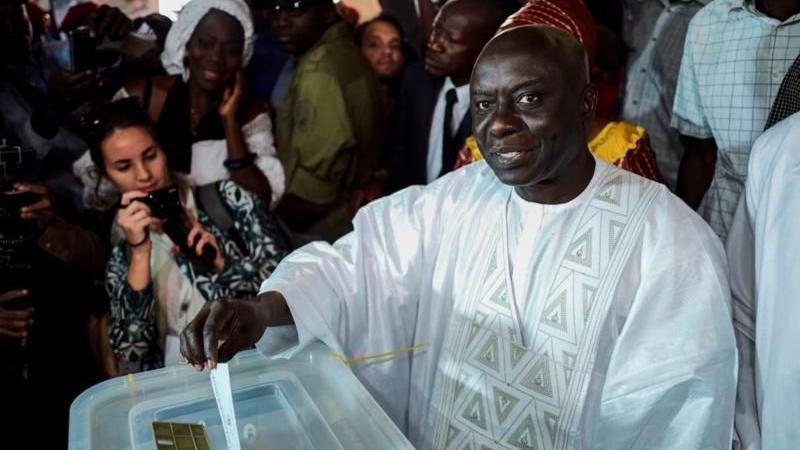
See di list of 19 candidates for di 2024 presidential election for Senegal:
- Anta Babacar Ngom
- Amadou Ba
- Boubacar Camara
- Cheikh Tidiane Dieye
- Déthié Fall
- Daouda Ndiaye
- Habib Sy
- Khalifa Sall
- Idrissa Seck
- Mame Boye Diao
- Mouhamed Boun Abdalah Dione
- Aliou Mamadou Dia
- Malick Gackou
- Aly Ngouille Ndiaye
- Mamadou Lamine Diallo
- Serigne Mboup
- Pape Djibril Fall
- Bassirou Diomaye Faye
- Thierno Allassane Sall
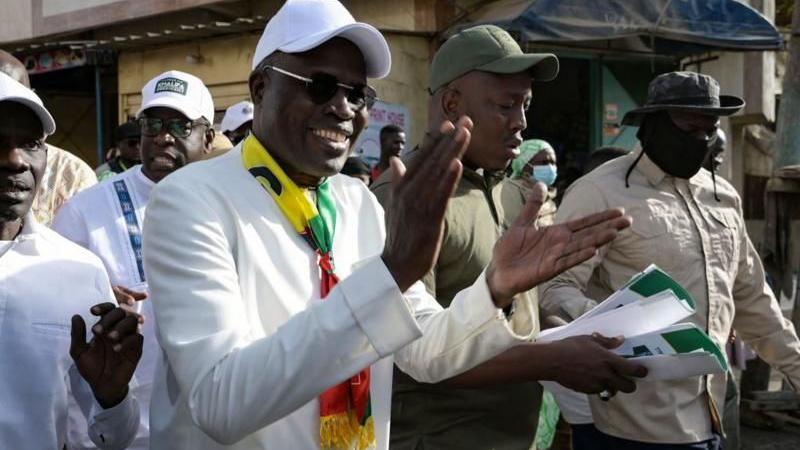
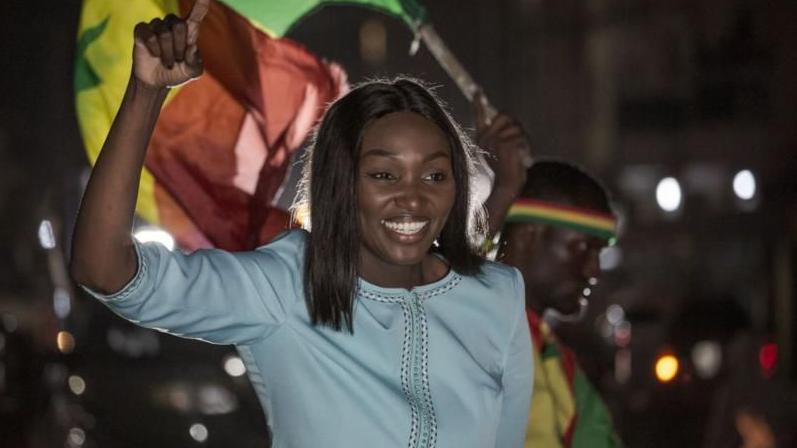
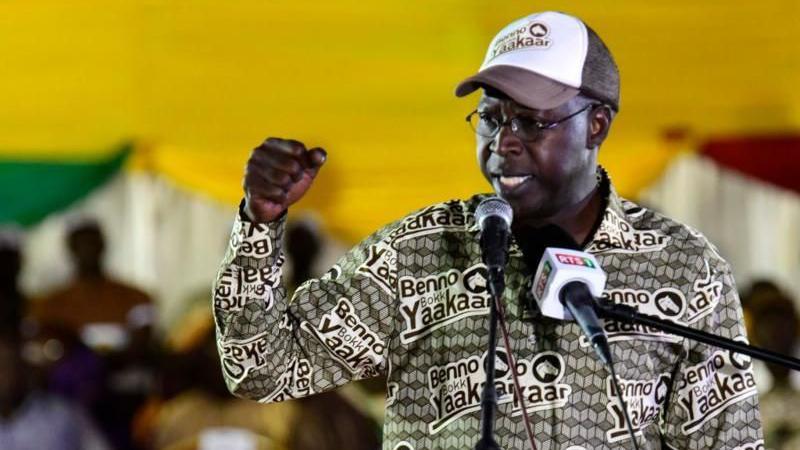
Since dem reform di electoral code, candidates dey required to collect sponsorships from registered voters.
Under Senegalese electoral law, each candidate fit choose between three types of sponsorship.
– Citizen sponsorship: di candidate must collect sponsorships from a minimum of 0.6% and a maximum of 0.8% of di electoral roll, i.e. between 44,231 and 58,975 signatures. Dem must collect Citizen sponsorships for at least seven regions, at a rate of at least 2,000 per region, di remainder dem go collected am for di rest of di kontri and for diaspora.
– Members of Parliament: each candidate fit dey sponsored by a list of thirteen (13) members of di National Assembly.
– Elected representatives: each candidate fit dey endorsed by 120 mayors and departmental council chairmen.
Di payment of a mandatory deposit dey set at 30 million CFA francs, as one of di conditions for validating a candidate file.
Dem go den collect 267 sponsorship files from di Direction générale des élections. In di end, na only 20 of di 93 applications wey dem submit to di Constitutional Council go dey validated.
Wetin dey at stake for dis election?
Who go succeed President Macky Sall and become Senegal fifth president?
Dat na kwesion wey full pipo mind.
For di first time for Senegal political history, a president no go be candidate for di ballot.
Di absence of di incumbent head of state, also of im main opponent, Ousmane Sonko, dey make di outcome of dis election uncertain and offer interesting prospects.
Many observers dey see di multitude of candidates as proof of diversity of di Senegalese political scene and di vitality of democracy, especially for kontri wey many see as example sake of di two peaceful elections.
For di economy and social front, di next president go face serious economic and social challenges. Di cost of living, di issue of youth unemployment, food self-sufficiency, lower rents, access to healthcare, education, drinking water supply, di supply and cost of electricity na major concern for Senegalese pipo.
Dis presidential election go take place for time wey di world dey experience plenty international economic and geopolitical tensions, and na time wen Senegal dey enta a strategic phase of dia development wit di forthcoming exploitation of hydrocarbons.
Di next president and im goment go dey faced wit all these challenges and difficulties as soon as dem enta office.
Wen dem go publish di results?
For di previous elections, di first results bin come out few hours afta di close of voting.
As soon as voting end, di results go dey forwarded to each departmental court for compilation before dem go forward am to di regional level.
Under Senegalese electoral law, each region get until noon of Tuesday following polling day to publish dia results.
Provisional results go dey published by di electoral commission no later dan di Friday afta polling day.
Once dem announce di provisional results, candidates get 72 hours to lodge appeal.
Once dat time limit for processing appeals expire, di Constitutional Council go announce di official results.
To win di first round, candidate must obtain more dan 50% of di vote, i.e. absolute majority.
If none of di candidates get more dan 50%, dem go hold second round within two weeks of di proclamation of di results.
Di President-elect go take di oath of office before di Constitutional Council for solemn public ceremony.

